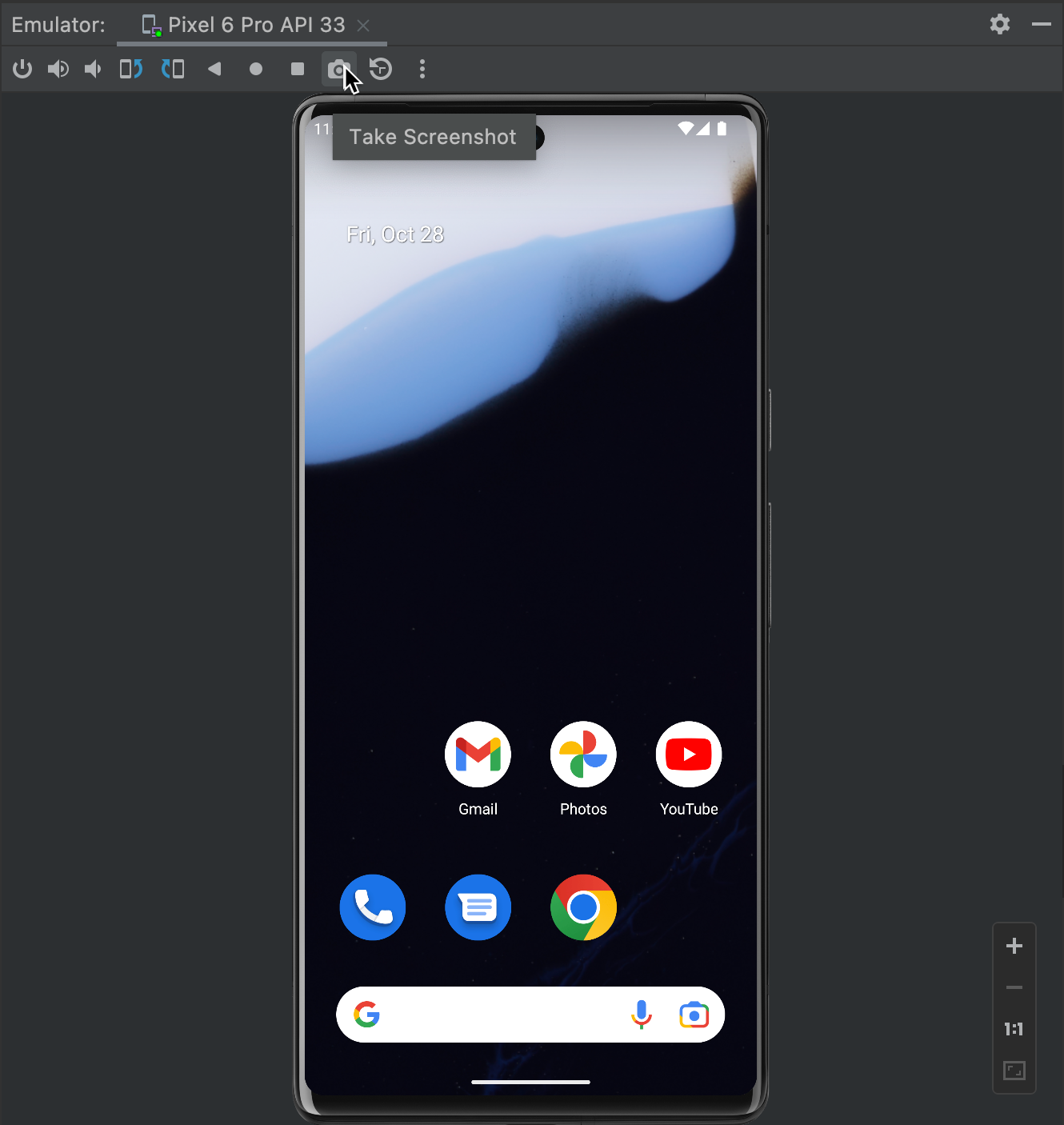💻 Android Studio IDE
Android Studio is Google's free IDE for Android development, and honestly, it's pretty solid once you get past the initial setup pain. Built on IntelliJ IDEA, so if you've used JetBrains tools before, the interface won't surprise you. The current stable version as of August 2025 is Android Studio Narwhal Feature Drop 2025.1.2 Patch 1 - they've been pushing monthly releases which is actually helpful for getting bug fixes faster.
The IDE comes with everything you need for Android development: project templates, code editor, debugger, emulator, and performance profilers. Unlike cobbling together separate tools, everything works together out of the box.
Memory Usage Will Hurt Your Soul

Let's talk about what nobody mentions in the marketing materials - this thing is a RAM monster. The "minimum" 4GB requirement is complete bullshit. You need at least 8GB to not want to throw your laptop out the window, and 16GB if you plan on running the emulator without waiting 5 minutes for builds. I've seen Android Studio eat 6GB of RAM just sitting there with a single project open.
The build process involves multiple steps: source code compilation, resource processing, dependency resolution, and final APK/AAB generation.
The Android Gradle Plugin (currently version 8.12.1) handles the building, and it's... fine. When it works, it's fast enough. When it doesn't, you'll spend half your day googling "Gradle sync failed" errors. The build system is actually quite powerful - supports multiple APKs, different build flavors, all that good stuff. But expect to become intimately familiar with ./gradlew clean and Invalidate Caches and Restart.
The AI Stuff Is Actually Decent
🤖 Gemini AI Features (2025 Update)

The Gemini AI integration surprised me by not being terrible. Unlike most AI features that feel like marketing gimmicks, this one actually helps:
- Code completion is pretty good, especially for boilerplate Android code
- Generate from screenshot works better than I expected - upload a UI mockup and it spits out reasonable Compose code
- Bug explanations are actually useful when you're staring at a cryptic crash log at 2 AM
- Code transforms for converting View system to Compose or adding null safety
NEW in 2025: Agent Mode - This is where things get interesting. The Agent Mode can handle complex multi-step tasks across multiple files. It'll create execution plans, suggest edits iteratively, and actually fix bugs based on your feedback. I was skeptical, but it genuinely helps with large refactoring jobs.
NEW: Rules Feature - You can set coding preferences and styles in your prompt library that apply to all Gemini interactions. Set it once, and it remembers you prefer Kotlin over Java, concise responses, or specific architectural patterns.
The free version covers most use cases. The paid Agent Mode is worth it if you're doing complex refactoring, but for day-to-day coding, free tier works fine. Google's clearly trying to compete with GitHub Copilot and JetBrains AI Assistant.
Jetpack Compose Makes UI Development Bearable
⚡ Compose Live Preview

Jetpack Compose integration is where Android Studio really shines. The Live Edit feature lets you see UI changes instantly without rebuilding - when it works. Sometimes it gets confused and you need to restart the preview, but when it's working, it's magic.
The Layout Inspector for debugging Compose is actually useful, showing recomposition counts so you can see why your UI is slow. Much better than the old XML layout debugging which was basically useless for anything complex. The Compose Preview lets you see components in isolation, and the Interactive Preview actually lets you click around without running the full app.
What's Actually New in 2025
📱 16KB Page Size Support
Android Studio now warns you when building APKs incompatible with 16KB devices. There's also a dedicated 16KB emulator target so you can test your app before users complain. Not a huge deal for most apps, but better to catch issues early than deal with angry Play Store reviews.
🎯 XR Development
The embedded XR emulator now runs directly in Android Studio instead of a separate window. There's a new XR project template with Jetpack XR boilerplate, and the Layout Inspector works with XR apps. Honestly, unless you're building VR apps, you can ignore this completely.
⚙️ Manual Sync Mode
Finally! You can now disable auto-sync and only sync Gradle when you actually want to. No more random 2-minute interruptions because you edited a comment. Go to Build Settings → Project Sync Mode → Manual (with reminders). Your sanity will thank you.
🤝 Partner Device Labs
Google added access to device labs from Samsung, Xiaomi, OPPO, etc. through Android Device Streaming. It's in beta and requires good internet, but beats buying 20 different phones for testing. Limited usage though - don't expect to use this for your main development device.
System Requirements (The Real Ones)
Android Studio runs on Windows, macOS, Linux, and ChromeOS. Download is about 1.4GB but you'll need way more space once you start installing Android SDK and emulator images. Here's what you actually need:
- 16GB RAM minimum if you want to stay sane - official requirements say 8GB but trust me. I've seen Android Studio eat 6GB just sitting idle with one project
- SSD required - running this on a spinning drive is masochism, especially for Gradle builds
- Decent CPU - builds are CPU intensive and you'll be doing a lot of them. Multi-core helps. M1/M2 Macs are genuinely fast for Android dev
- Hardware acceleration enabled for the emulator (Intel VT-x or AMD-V)
- 50GB disk space - budget this much if you want multiple emulator images and a few projects. Android SDK alone is huge
The disk space requirements grew again in 2025. Each emulator system image is 2-4GB, and with the new 16KB page size variants, you'll want both 4KB and 16KB images for testing. I think my full setup is like 600GB? Maybe more - stopped counting after the third external drive.
Now that we've covered what Android Studio is and its system requirements, let's talk about what it's actually like to use this thing every day. Spoiler alert: it's mostly good, sometimes infuriating, and occasionally makes you question your career choices.



